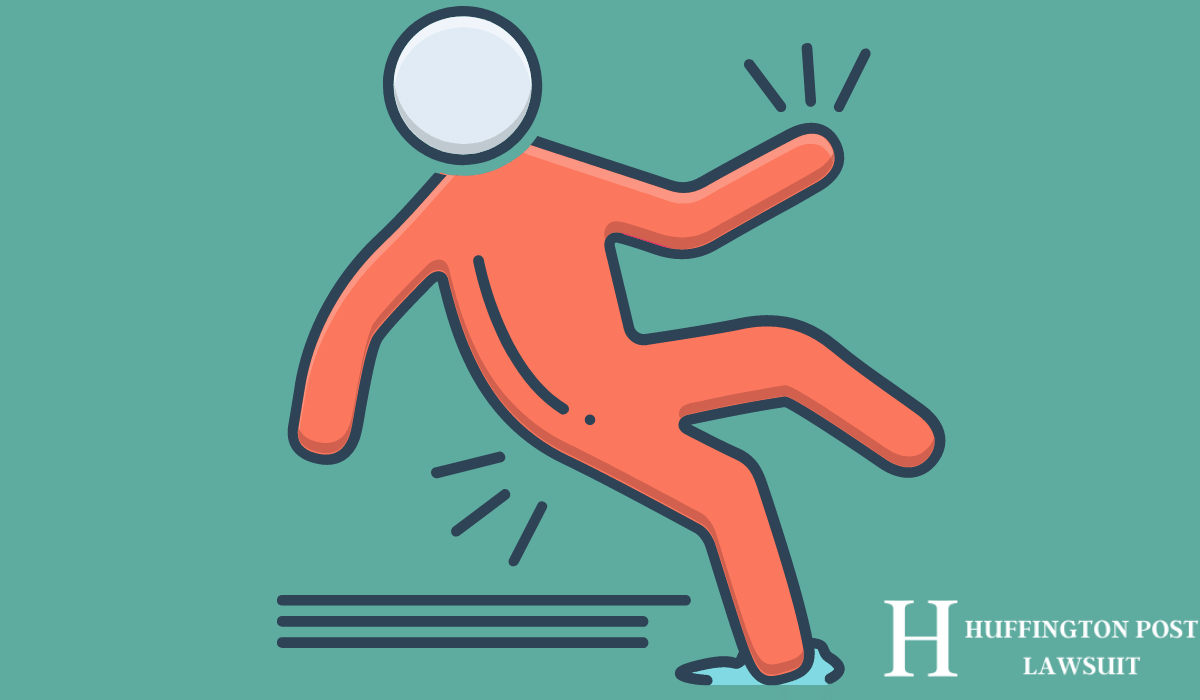
Personal Injury
Personal injury or “tort” law applies to those who have sustained an injury due to intentional or negligent conduct. If you are a resident in the Ohio State area who has been affected by a personal injury, lawyers like Amourgis & Associates Attorneys at Law can offer helpful advice and information on how to proceed.
Types of Personal Injuries
Personal injuries can arise from a number of situations, but in general they tend to occur wherever there is intentional or negligent conduct on behalf of another party. This can include:
Physical Injury
- Accidents in the workplace
- Auto accidents
- Assault
- Nursing home abuse
- Medical malpractice
- Accidents caused by product defects
Toxic Torts
Physical injury can also be caused by something known as a “toxic tort”. This is where bodily harm has been caused by a toxic substance. In cases of injury or harm by toxicity, the plaintiff must be able to show that:
- The substance caused harm
- The plaintiff was exposed to the substance
- The substance involved was dangerous
This particular type of personal injury should be dealt with in relatively short order. As time passes, it can become increasingly difficult to obtain records and other evidence connecting the plaintiff to the toxic substance which caused them harm, and it can also make it difficult to prove causation. In situations like these, the defense counsel would need to assess additional intervening factors in the years after exposure to provide evidence for the plaintiff’s injuries.
Non-Bodily Harm
Personal injury claims can also arise from non-bodily harm. Some examples of this include:
- Invasion of privacy
- False arrest, detention or imprisonment
- Defamation
- Intentional infliction of emotional distress
Malicious Prosecution
Another example of non-bodily harm which can result in a personal injury claim is malicious prosecution. This occurs when a lawsuit (which may be either civil or criminal) is filed without grounds or probable cause, for an improper purpose.
What Are the Grounds for a Personal Injury Claim?
A personal injury claim may be brought about on the following three grounds:
- Strict Liability holding the defendant responsible for committing an action, regardless of their intent or mental state at the time of the action. For instance, in cases where someone has been injured as the result of a product defect, the manufacturer would be held responsible despite not acting intentionally or out of neglect.
- Negligence arising from an individual’s failure to behave within the bounds of a “reasonable person” demonstrating due care and attention. An example of this might be someone driving or handling a firearm irresponsibly.
- Intentional wrongs resulting from a purposeful act by the defendant known as an “intentional tort”. This might include false imprisonment, battery, assault, or intentional infliction of emotional distress.
Chattels
Intentional torts can also be caused by something called “trespass to Chattels”. The term “chattel” relates to property which is mainly associated with movable personal property such as livestock, produce or clothing.
Tort law enables injured persons to file a civil lawsuit in court in order to receive legal remedy (otherwise known as “damages”) for all losses arising from the accident or incident that caused the injury. Damages are intended to provide a form of financial compensation for harm caused by the injury or incident. If you have sustained a personal injury, seeking legal aid can help.

 Banco4 years ago
Banco4 years ago
 Gaming3 years ago
Gaming3 years ago
 Social Media3 years ago
Social Media3 years ago
 Indonesia4 years ago
Indonesia4 years ago
 Filmora4 years ago
Filmora4 years ago
 Education1 year ago
Education1 year ago
 Indonesia3 years ago
Indonesia3 years ago
 Education4 years ago
Education4 years ago

You must be logged in to post a comment Login